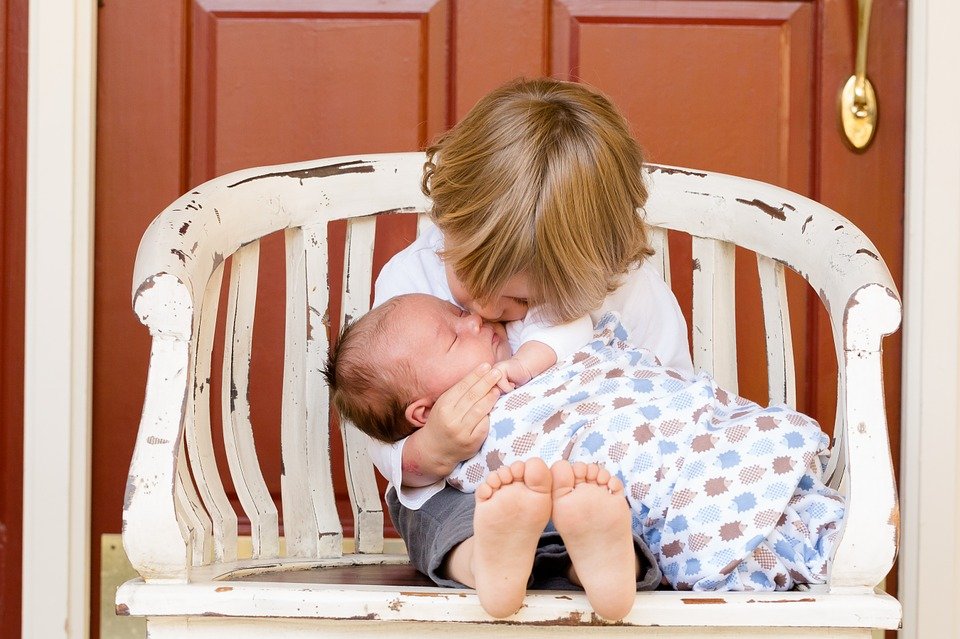
Are you worried about your child's talking timeline? Don't be! All kids are different. Children pick up language in stages and some of them hit these milestones at different times.
There are many activities encouraging speech and language development that you can incorporate into your daily routine.
Here are some tips on how to encourage your baby or toddler to communicate more:
Do not use baby language. Talk to your child and allow him enough time to respond. It can be a sound, a coo, a syllabus or a word. By listening to you, your child will learn new words and put a sentence together. Children are intelligent and they can understand you even if you address them using normal language. In fact, some babies develop a more structured speech if they were talked to as if they were adults.
Focus on non-verbal communication. Teach him to use signs and gestures to describe what he sees, wants or needs. You can create your own sign language. You will be surprise to see how much more you will understand him and how easier it will be for him to let you know anything. Who says your the baby has to use only words to express himself?
Develop a 'feelings' vocabulary. Toddlers accumulate frustration when they are not able to talk, communicate, convey their wishes. Provide the words for each experience or situation: "happy", "sad", "upset" along with a facial expression. Sometimes their frustration can lead to episodes of crying, tantrums or even anger. Giving your child an alternative will ease his burden of not being able to communicate with you.
Read! Read! Read! The sooner you introduce him to books, the faster he will pick up words and understand their meaning. He might not be able to pronounce them, but he will know them.
Be descriptive! Name an object or a character from the books that you use together and ask him to point it to you. Don't rush going through the book, reading the story fast just because you had a long day. Take your time on each page and talk about the details: colours, shapes, facial expressions of the character, etc. It is a fun activity that has the ability to ease the communication process.
Teach by actually doing an action. For example, if you want to teach him what cooked meal means, let him see you cooking. Present him the ingredients and point out the actions: wash, peel, clean, chop, mix, cook, bake, roast, etc. It will enable him to connect words with actions.
Use short sentences. Keep in mind that a toddler's attention span is very short. While talking, you may even fool around with the pronunciation of certain words, emphasizing them.
Avoid using negative sentences. By reducing the frequency of the word "No!", you won't risk inhibiting his speech.
Schedule play dates. Giving your child a chance to interact with peers can boost its communication skills. Playing with other children allows him to learn the rules of social interaction and make friends.
Give him feedback. Whenever he tries to say something and the words don't come out properly, do not correct him. Allow him to talk and provide content to his message. If he would say "big car", add "That was a big yellow car ."
Satisfy his curiosity. If your child is drawn to something, nurture that curiosity. Your child will be interested in learning anything that had caught his interest. Encourage pretend play whenever he seems to be into something.
#teamgirlpowa #thealliance #teamcanada #steemsugars
Thank you for reading, I hope you enjoyed it! Feel free to resteemit or upvote it!
Please leave your feedback in the comments, I would love to hear your thoughts!
@2018 LaviPicu aka The Lyme Poet. All rights reserved.


